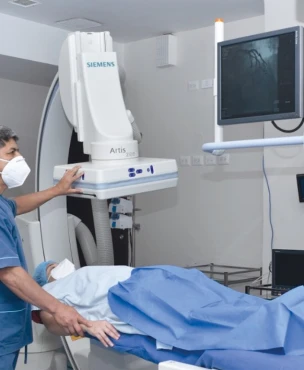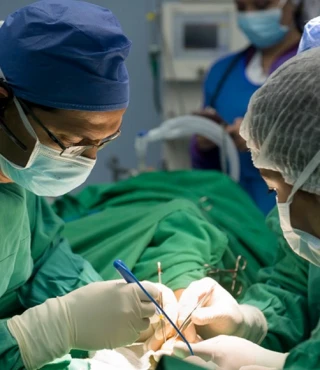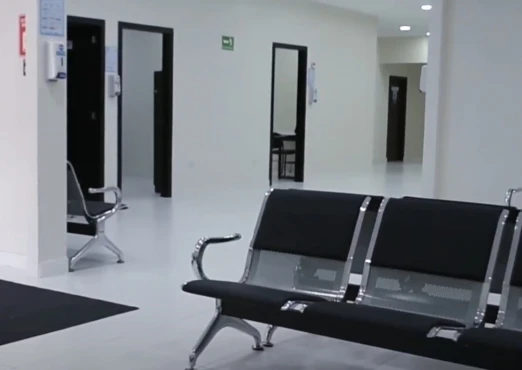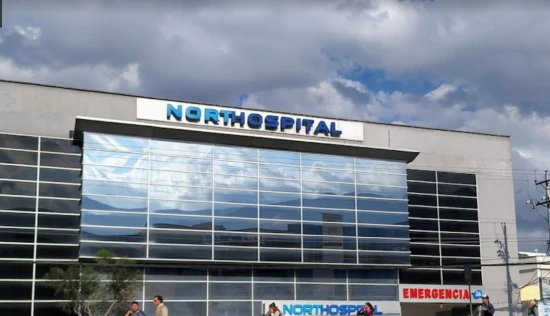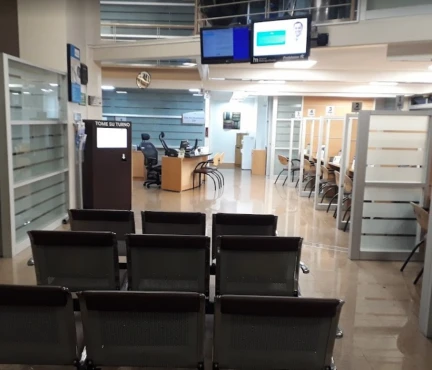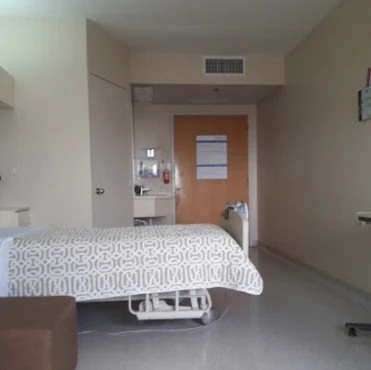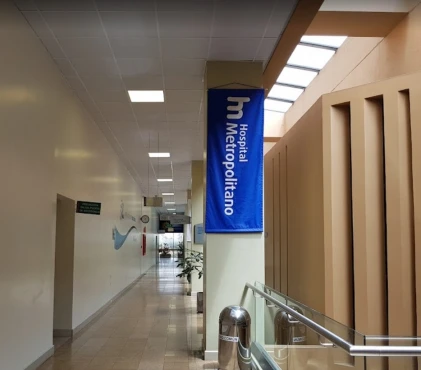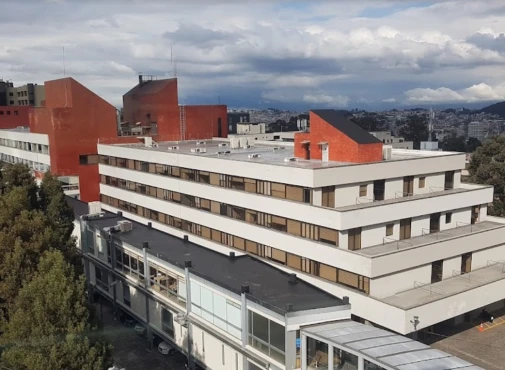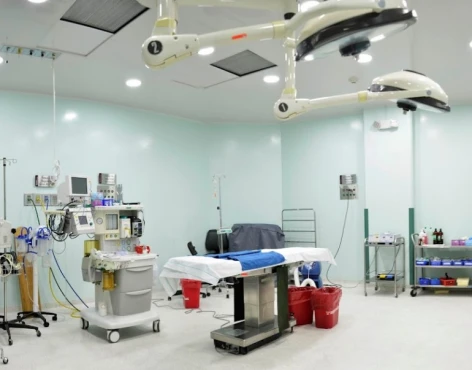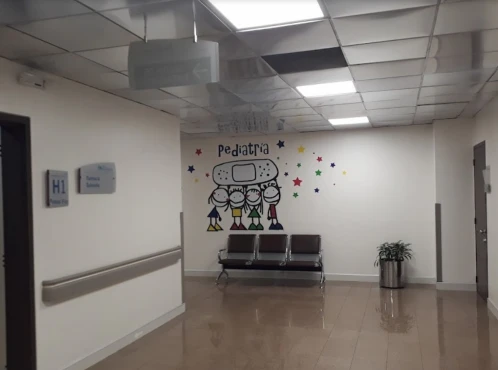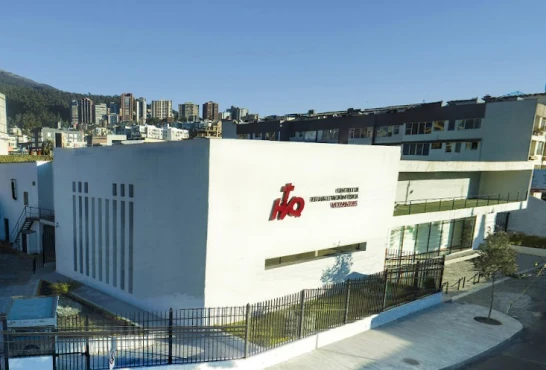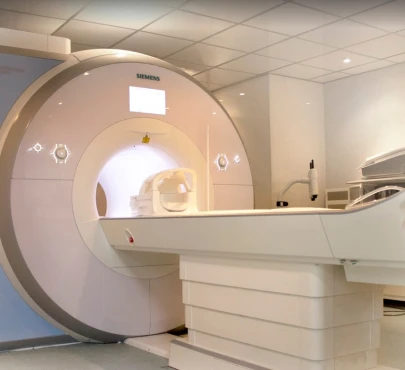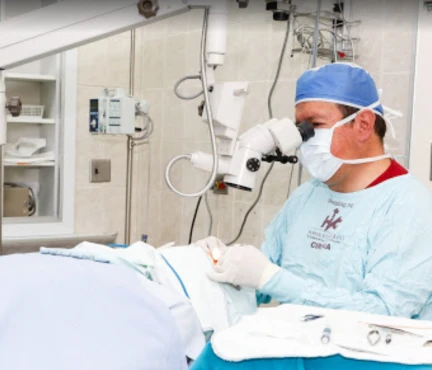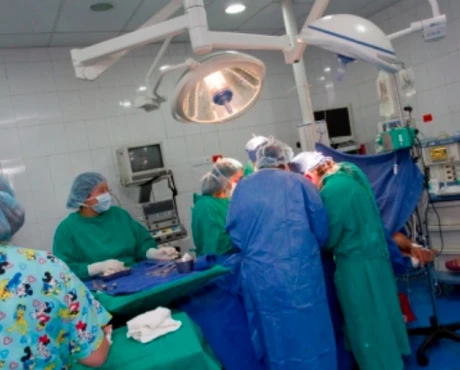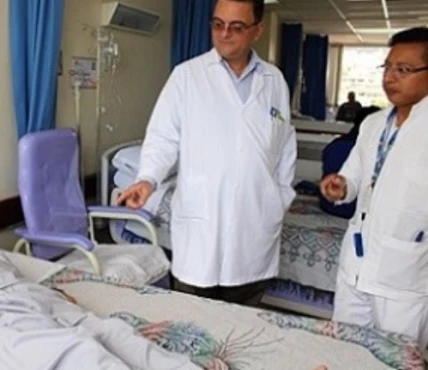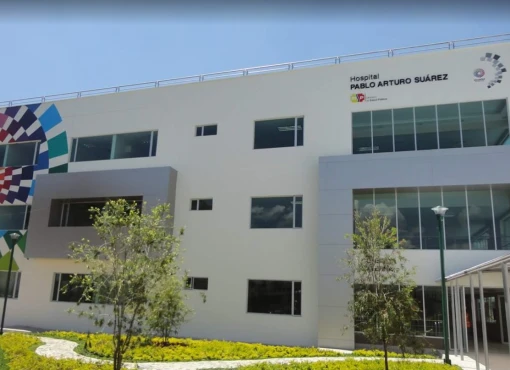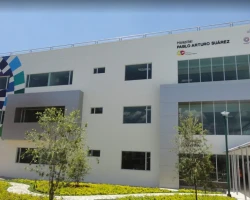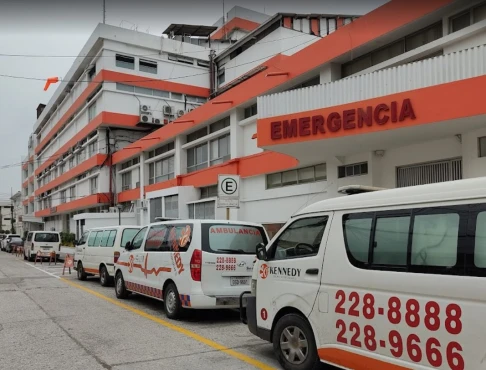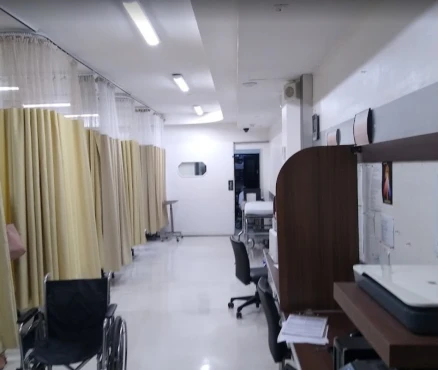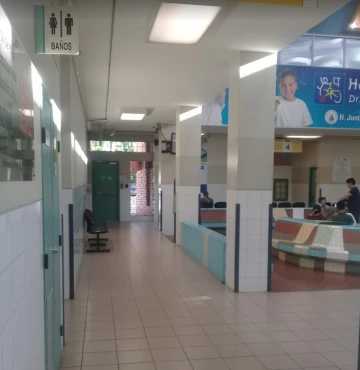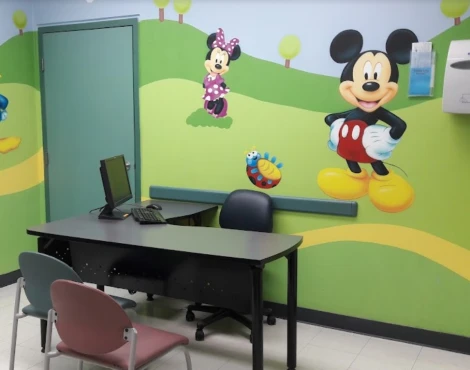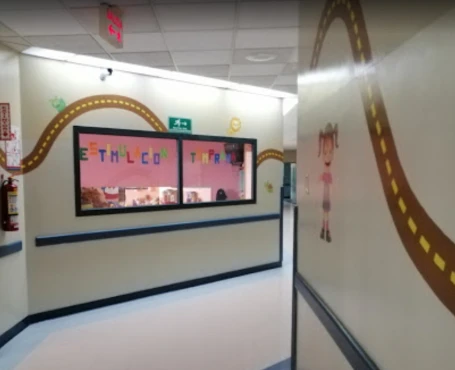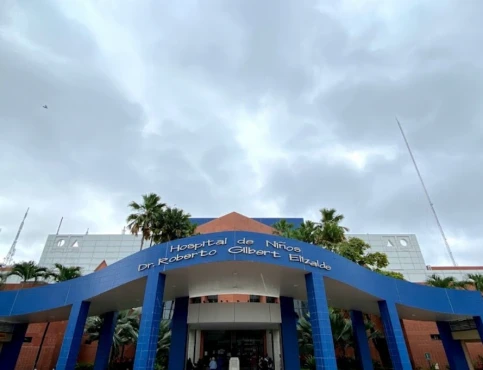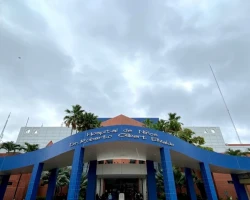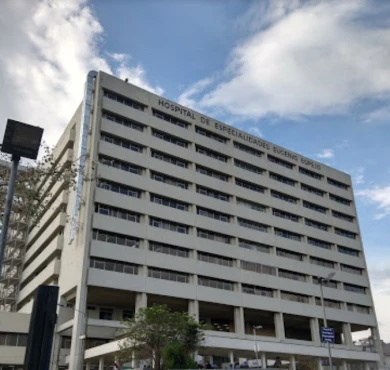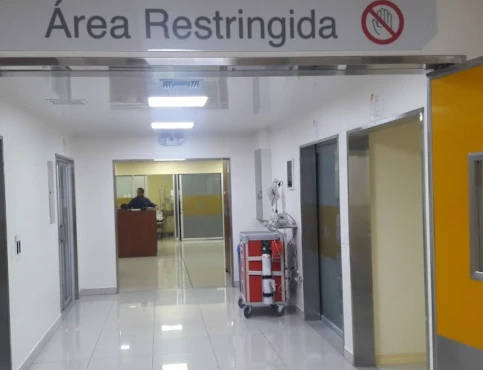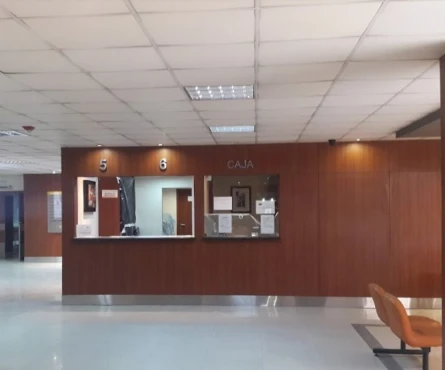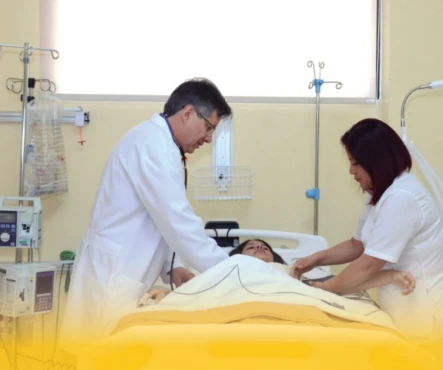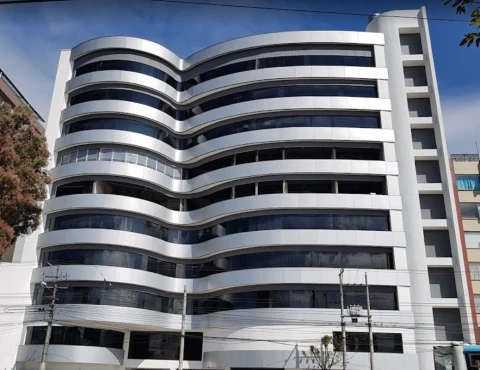Epilepsy treatment in 3 Neurosurgery and Oncology clinics in Quito with additional parameter
3 clinics specializing in Neurosurgery and Oncology providing treatment of
Epilepsy
Epilepsy is a neurological disorder characterized by recurrent and unpredictable seizures. It can cause disruptions in daily life, but with proper treatment, many people can manage and control their seizures effectively.
Read more...
disease in Quitowith additional parameter of rating.
Sorted by:
Relevance
Rating
Relevance
Prices for popular procedures:
Prices for popular procedures:

Quito, Ecuador
Specializations: Cardiac surgery, Vascular surgery, Thoracic surgery, Neurosurgery, Spine surgery, Orthopedic surgery, Oncology
Languages: English
At Hospital Metropolitano we work with QUALITY, continuously improving our services. We constantly innovate processes, equipment and infrastructure to meet the needs and expectations of
read more
Prices for popular procedures:
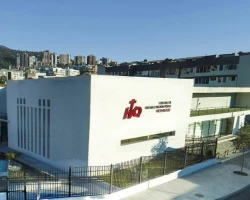
Quito, Ecuador
Specializations: Cardiac surgery, Vascular surgery, Thoracic surgery, Neurosurgery, Spine surgery, Orthopedic surgery, Oncology
Languages: English
We are commited to quality and patient safety. To do this, with the leadership of Senior Management, we work towards the continuous improvement of processes,
read more
Nearby clinics in Ecuador
Perhaps you should consider the following clinics we have found nearby basing on your selection.
Prices for popular procedures:
Prices for popular procedures:

Guayaquil, Ecuador
Specializations: Cardiac surgery, Vascular surgery, Thoracic surgery, Neurosurgery, Spine surgery, Orthopedic surgery, Oncology
Languages: English
The Alcívar Hospital was founded on Thursday, November 25, 1937. It was originally called the Alcívar-Esteves Clinic, as it was directed by Dr. Eduardo Alcívar
read more
Prices for popular procedures:
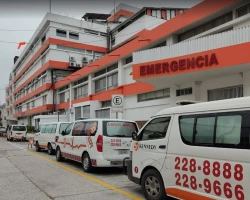
Guayaquil, Ecuador
Specializations: Cardiac surgery, Vascular surgery, Thoracic surgery, Neurosurgery, Spine surgery, Orthopedic surgery, Oncology
We are a Hospital Group that provides medical and diagnostic services, supported by state-of-the-art equipment. We offer quality care with warmth, professionalism, experience and security.
read more
Prices for popular procedures:
Prices for popular procedures:
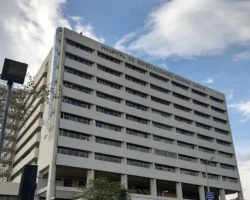
Quito, Ecuador
Specializations: Cardiac surgery, Vascular surgery, Thoracic surgery, Neurosurgery, Orthopedic surgery, Oncology
At the Eugenio Espejo Specialty Hospital, we work under a comprehensive humanistic philosophy, thus fulfilling the mission of providing quality and friendly health services in
read more
Prices for popular procedures:

Quito, Ecuador
Specializations: Cardiac surgery, Vascular surgery, Thoracic surgery, Neurosurgery, Spine surgery, Orthopedic surgery, Oncology
We are the materialization of the dream of a group of enterprising doctors, committed to building a different hospital, with an organizational structure drawn horizontally
read more
Clinics grouping by rating
Clinic with the highest rating of 4.2 — North Hospital, Quito in Quito, Ecuador, clinic with the most reviews number of 344 — Hospital Vozandes Quito in Quito, Ecuador.
With rating 4.0 and over — 3 clinics .
Countries with the highest number of clinics treating the diseases:
Epilepsy:
worldwide
430 clinics
Brazil
34 clinics
India
33 clinics
Mexico
25 clinics
Germany
24 clinics
Colombia
23 clinics
Related procedures:
Procedures are likely to be used for Epilepsy treatment:
Deep brain stimulation (DBS),
Gamma Knife,
and
Transcranial magnetic stimulation (TMS) - per course
.
